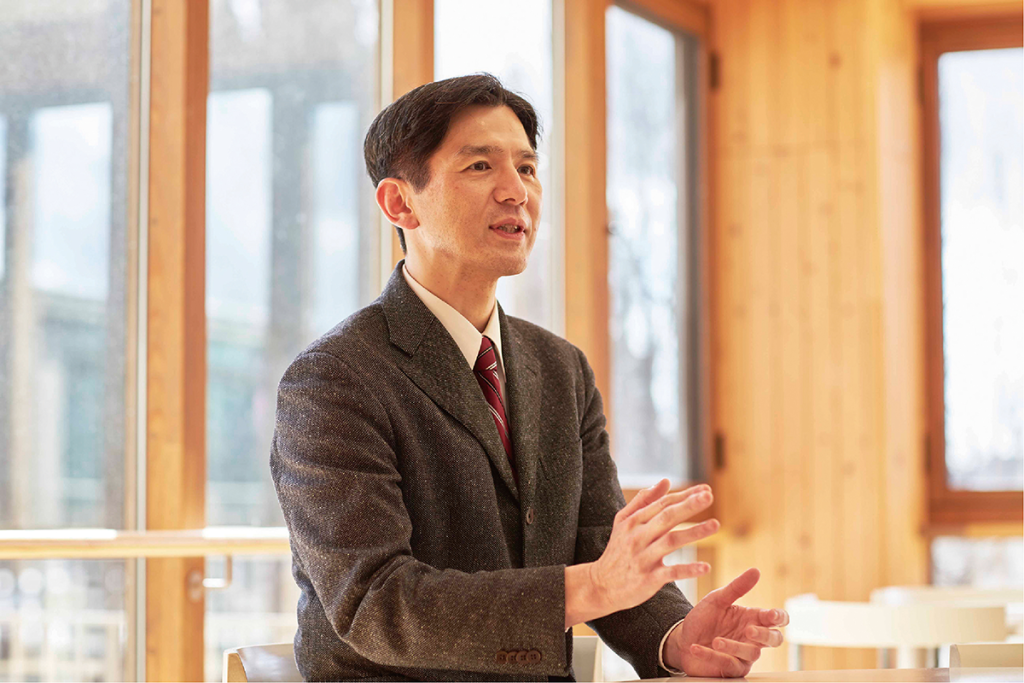Global Studies Program: GS
Cultivate logical thinking, cultural sensitivity, and analytical skills based on extensive background knowledge
Logical thinking and creative ingenuity based on a wide range of background knowledge are indispensable in surviving this era of globalization. The GS program invites students to enroll in diverse courses on the history, culture, society, politics, and economy of various countries and regions, as well as in classes of multinational and multi-regional relations, the functions and roles of international institutions and organizations, and global phenomena and issues. Students will strive to accumulate and deepen their knowledge and refine flexible thinking and analytical skills without being confined to conventional ideas and values through active participation in learning activities.
Message from the Director
It is no exaggeration to say that the world is now in the midst of chaos. The disappearance of the Cold War structure in the 1990s has brought about various changes all over the world. Advances in science and technology such as the internet have spurred the emergence of an advanced information society, and the phenomenon of globalization has led to the expansion and deepening of mutual exchanges that transcend racial, ethnic, religious, and national borders. At the same time, however, the reality is that conflicts and frictions due to differences in race, ethnicity, religion, political and social systems, and economic factors have repeatedly occurred all over the world. Globalization has brought the benefits of economic development to many countries and regions, but it has also caused problems such as the extreme maldistribution of wealth. As a result, nor can we overlook the rise of anti-globalism and the changing dynamics of international relations. The emergence of AI and the evolution of digital technologies are bringing about drastic changes in the very fabric of human society.

In these circumstances, humanity may be questioned about how we should live as individuals and as a group. While it is a part of human nature for people to seek their own happiness and prosperity, it is also not right for us to focus solely on the pursuit of self-interest. As Shibusawa Eiichi has said, “As a member of society and a citizen of a nation, every person must be prepared to take ownership of his or her country and homeland.” I believe we are required to think and act with the awareness that we are a member of society and a nation, and a member of the global community.
This program offers courses on multinational and interregional relations, the functions and roles of international organizations and institutions, and various global issues, beginning with the history, culture, society, politics, and economy of various countries and regions. We aim to nurture highly capable individuals with the ability to think and act based on interdisciplinary knowledge, who can contribute not only to their own countries but to human society at large.
Dr. Norihito MIZUNO,
Director of the Global Studies Program / Professor
